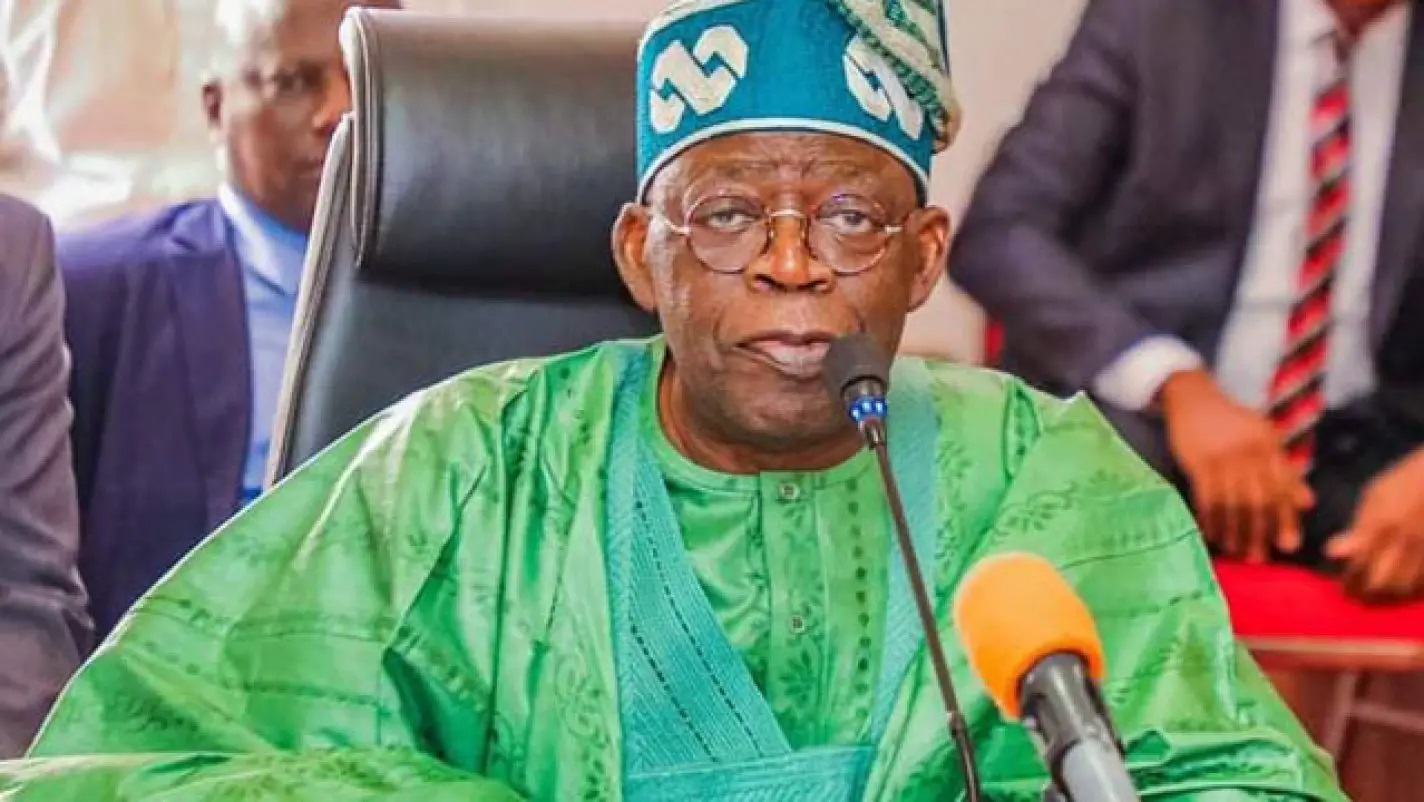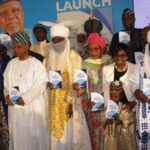Last month, the Minister of Foreign Affairs, Ambassador Yusuf Tuggar, unveiled a new foreign policy thrust which will guide Nigeria’s foreign policy under the President Tinubu administration.
The new foreign policy direction which he tagged ‘’4D Foreign Policy’’ is anchored on the four variables of democracy, development, demography and diaspora.
The minister made this declaration while delivering a paper at the 2023 annual ceremony organised by the Association of Retired Career Ambassadors of Nigeria, (ARCAN). He said the new foreign policy direction was aimed at showcasing the values and interests of Nigeria taking advantage of the nation’s population as well as the African Continental Free Trade Area to enhance economic development in the country. The new policy would also look into the need to reform Nigeria’s engagement with international financial institutions for the benefit of all.
The news of this development will no doubt generate a lot of interest among the wide circle of scholars and observers, both foreign and local, of Nigerian foreign policy. And the reason for this is not far-fetched.
- Police arrest female serial phone snatcher, 84 suspects in Borno
- Foundation adopts 5 orphans from Plateau IDP, donates relief materials
It is not lost on Nigerians that time was when the country used to have a most robust foreign policy which was anchored firmly on the principle of Africa being the corner piece. In this regard, Nigeria being the most populous country in Africa and the world, built its foreign policy on helping to liberate African countries especially those situated in southern parts of Africa like Angola, Mozambique and South Africa from the shackles of colonialism. This policy was vigorously manifested in Nigeria’s engagement with the world and applied in all facets of our foreign relations.
This deservedly earned Nigeria the tag of a frontline state in the African liberation struggle raising our status and recognition as the pre-eminent African state. As a result of this, Nigeria was able to pursue issues of African interest on the global stage for the ultimate benefit of the people of the continent.
This was indeed the golden era of Nigerian foreign policy as Nigeria was always a major host and chair for many international conferences on African and global issues. Due mainly to its outspokenness and clearly stated objectives, many African countries came to seek our technical inputs in crafting their foreign relation engagements in various ways. And in several instances, many African countries were only too willing to yield ground to Nigeria’s leadership in membership or in leading global institutions.
Regrettably, however, over the years, there has been a noticeable decline in our foreign policy thrust both in Africa and in the world. With the independence of the southern African states which we helped to champion, we neglected to recognise the new realities of the post-independence era in those states and devise new foreign policy targets and opportunities, especially in the various areas of economic and cultural relations that presented themselves for positive leveraging. Similarly, although we played a great part in initiating the return to stability in Liberia and Sierra Leone through the Economic Community of West African States’ Monitoring Group (ECOMOG), when both countries faced the dangers of being swamped over by activities of non-state actors and military adventurists, due to the absence of an overarching foreign policy follow-up process, Nigeria could not gain much from the opportunities offered by the post-war settlements in those countries.
Indeed, over the past three decades, Nigeria has lost a lot of grounds in its foreign engagements just as momentous developments are taking place on the global scene. The rise of China as a global force as well as Brics, G20 and other emerging multilateral groups have elicited no concrete response from Nigeria. Even recent developments within Africa and particularly in our immediate geosphere in the West African subregion where the military has overthrown civilian democratic governments, have happened without Nigeria doing much to prevent nor reverse them. A notable case here has to do with Nigeria’s immediate neighbour to the north, the Niger Republic where the military junta which overthrew the civilian democratic government of President Mohammed Bazoum has defied Nigerian-led ECOWAS initiative for a return to the status quo ante.
However, we want to make it clear that announcements and pledges are not by themselves enough to achieve the target set by the new minister. There needs to be a delineation of specific steps that will be taken to make the 4D foreign policy work. For example, we need more direct platforms for engaging with the Nigerian, African, and wider black diaspora on economic, cultural, and development initiatives. Also, what are the specific plans for changing how we relate with international governmental organisations, particularly those in the UN system?
Daily Trust also believes that foreign policy is not the role of the government alone. Associated institutions like the universities, think tanks, Nigeria Institute of International Affairs, and NIPPS, all need to be sensitised about the role they will play in making the change a reality. There is also a need to carry the media, CSOs, and Nigerians along on the proposed policy changes.
Accordingly, we believe if concretely developed and implemented as Ambassador Tuggar has pledged, the new foreign policy thrust will place Nigeria in the appropriate position befitting its status to not just be part of that effort but to also benefit from it in the coming years.

 Join Daily Trust WhatsApp Community For Quick Access To News and Happenings Around You.
Join Daily Trust WhatsApp Community For Quick Access To News and Happenings Around You.


